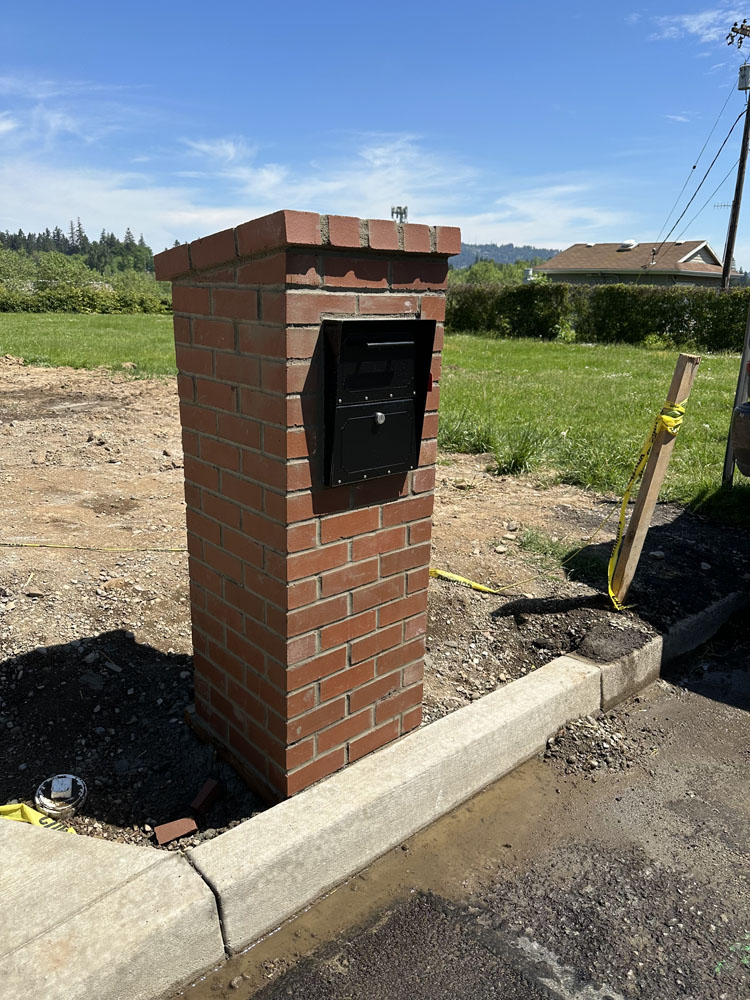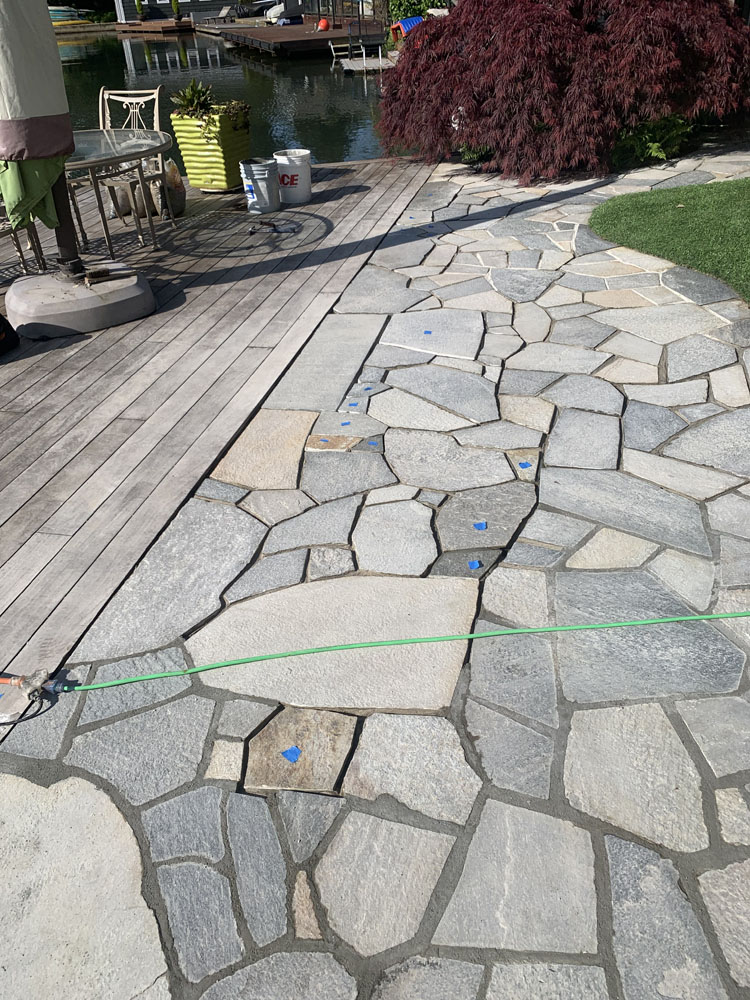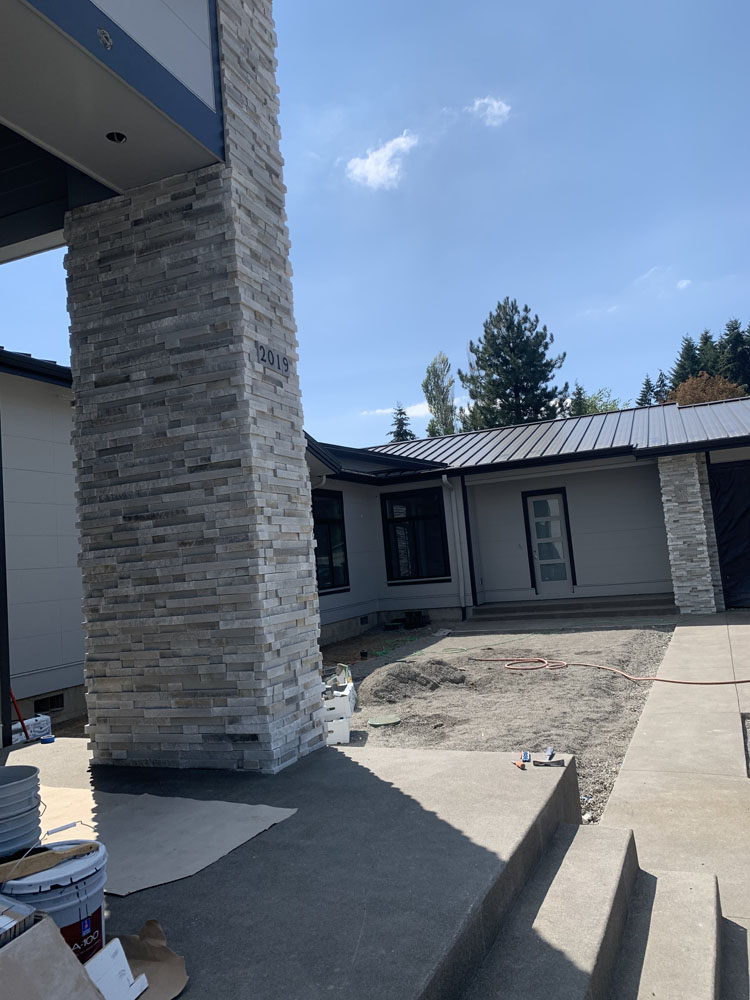Introduction
Masonry is a time-honored construction method that involves the building of structures using individual units, which can be made of materials like brick, stone, or concrete. This craft has been an essential part of architecture and engineering for centuries. Whether it's creating sturdy walls, elegant facades, or intricate pathways, masonry offers both durability and aesthetic appeal.

In this article, we will delve deep into the various types of masonry work and their specific requirements. We’ll explore what makes each type unique and how different masonry contractors tailor their skills to meet these diverse needs. By the end of this piece, you’ll have a comprehensive understanding of masonry work that will help you make informed decisions Masonry Contractor for your construction projects.
Understanding Different Types of Masonry Work and Their Specific Requirements
Masonry work can generally be classified into several categories based on the materials used and the techniques employed. Each type comes with its own set of requirements—be it in terms of materials, tools, or craftsmanship. Here’s an overview:
1. Brick Masonry
What is Brick Masonry?
Brick masonry involves the use of fired clay bricks that are bound together with mortar to create walls or structures. It’s one of the most common forms of masonry due to its versatility and strength.
Specific Requirements for Brick Masonry
- Materials: Quality bricks and mortar. Tools: Trowels, brick chisels, levels. Expertise: Knowledge in laying bricks in patterns for structural integrity.
2. Stone Masonry
Understanding Stone Masonry
Stone masonry utilizes natural stones like granite, limestone, or sandstone to create durable structures. It’s often favored for its natural beauty.
Requirements for Stone Masonry
- Materials: Select stones according to type and finish. Tools: Saws for cutting stones, chisels. Skill Level: Requires expertise in shaping stones.
3. Concrete Masonry
What is Concrete Block Masonry?
Concrete block masonry uses large blocks made from cement to build walls and other structures.
Specific Requirements for Concrete Block Work
- Materials: Standard concrete blocks. Tools: Concrete mixers, trowels. Techniques: Knowledge in reinforcing blocks with steel rebar.
4. Reinforced Masonry
Defining Reinforced Masonry
Reinforced masonry integrates steel reinforcements within brick or block layers to enhance strength.
Requirements for Reinforced Masonry Construction
- Materials: Steel rebar along with traditional masonry components. Tools: Tools for embedding rebar like drills. Expertise Needed: Understanding load-bearing principles.
5. Thin Stone Veneer Masonry
What Is Thin Stone Veneer?
Thin stone veneer is a lightweight alternative that mimics traditional stone appearance without the bulk.
Requirements for Thin Stone Veneer Installation
- Materials: Lightweight stone veneers. Tools: Adhesives specific to veneer work.
6. Glass Block Masonry
6a. What Is Glass Block Masonry?
Glass block masonry involves using glass blocks rather than traditional materials to create walls or partitions that allow light while maintaining privacy.
6b. Specific Requirements
- Materials: Quality glass blocks designed for structural integrity Tools: Specialty adhesive and block cutting tools Expertise Needed: Knowledge in ensuring proper sealant application
7. Structural vs Non-Structural Masonry
7a. Understanding Structural and Non-Structural Masonry
Structural masonry supports loads from above while non-structural masonry serves primarily ornamental purposes.
7b. Specific Requirements
| Type | Materials | Tools | Expertise Needed | |--------------------|-------------------------------|--------------------------------|------------------------------| | Structural | Bricks/Blocks | Trowels/Levels | Load distribution knowledge | | Non-Structural | Decorative Stones/Bricks | Hand tools | Aesthetic design skills |
8. Historical Restoration Masonry
8a. What Is Historical Restoration?
This type focuses on restoring old brick or stone structures while preserving their historical value.
8b. Specific Requirements
Proper knowledge about historical practices coupled with modern techniques is crucial here.
9. Paving and Walkway Masonry
What Is Paving And Walkway Work?
Paving involves laying down stones or bricks to create durable paths or driveways.
Specific Requirements
Selection depends on traffic expectations; hence strong materials are essential.

10. Dry Stack Masonry
This technique doesn’t use mortar but relies on gravity—ideal for retaining walls!

FAQs About Different Types of Masonry Work
FAQ 1: What is a masonry contractor?
A masonry contractor specializes in constructing buildings using various types of masonry materials such as brick, stone, concrete blocks, etc., ensuring quality workmanship tailored to client specifications.
FAQ 2: How do I choose the right type of masonry work?
Choosing depends on your project needs—consider aesthetics, load requirements, budget constraints, and local climate conditions when selecting the appropriate type.
FAQ 3: What are the benefits of hiring a professional masonry contractor?
Hiring professionals ensures adherence to safety regulations and building codes while delivering quality craftsmanship backed by experience.
FAQ 4: Can mason work be done DIY?
While some small projects can be DIY-friendly, larger jobs require professional expertise due to complexity involved—especially concerning structural integrity.
FAQ 5: How long does a typical masonry project take?
The timeframe varies widely depending on scope; smaller projects may take days whereas larger constructions could span months!
FAQ 6: Are there maintenance considerations after completion?
Yes! Regular inspections help identify wear over time; cleaning surfaces periodically will keep them looking fresh while sealing joints protects against water intrusion!
Conclusion
In conclusion, understanding different types of masonry work and their specific requirements is crucial for anyone considering construction or renovation projects involving these methods. From brickwork that stands the test of time to decorative glass block installations that invite light into spaces—each type serves unique functions catered by skilled masonry contractors who understand their craft inside-out! Investing time in selecting appropriate material types alongside experienced professionals can make all the difference between mediocre results versus lasting beauty in your built environment!